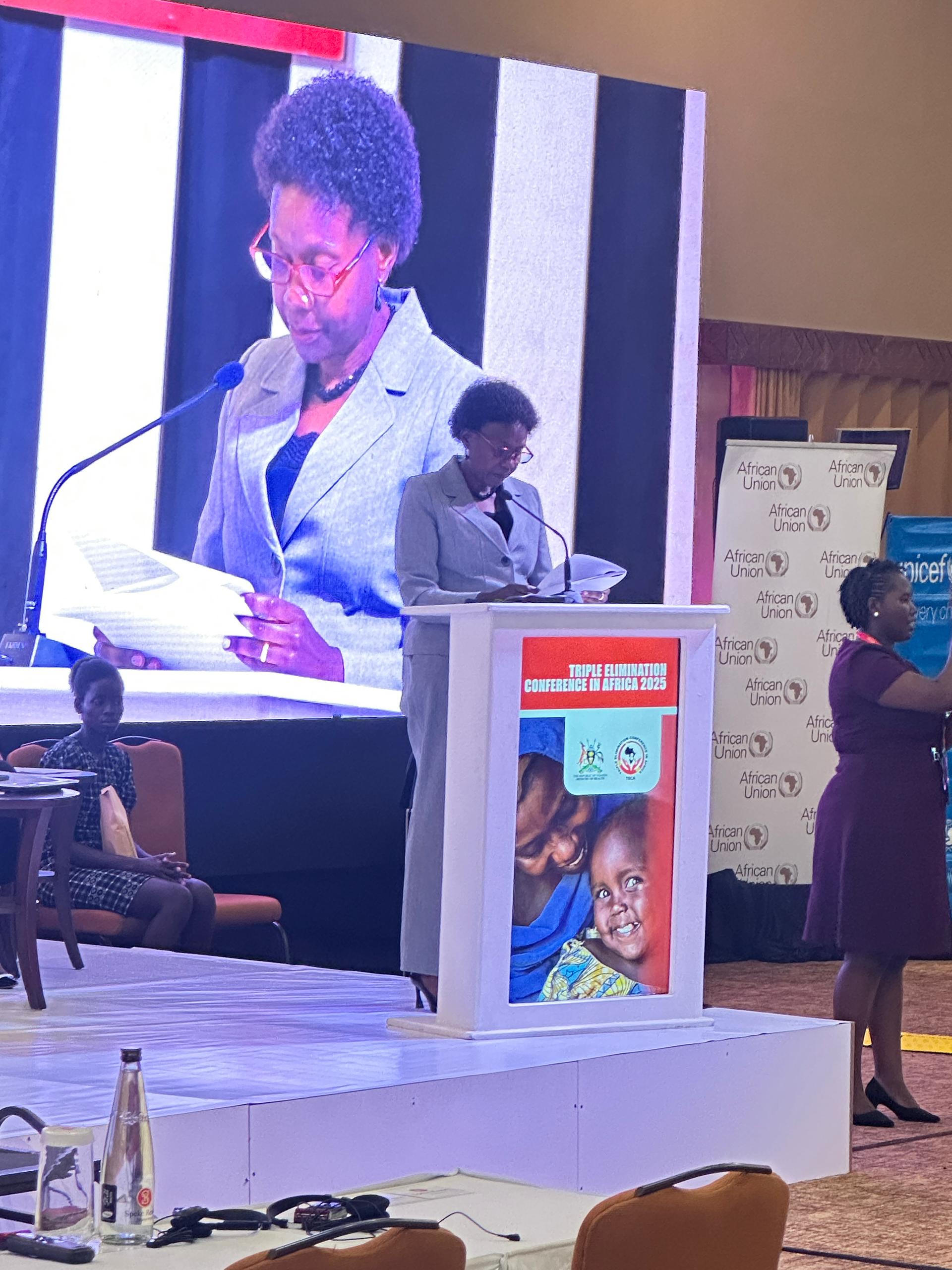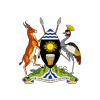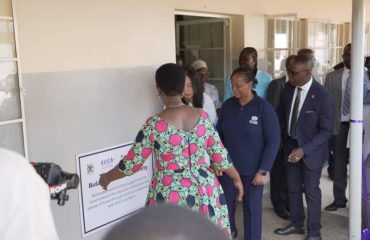
Uganda has taken center stage in the global public health arena by hosting the first-ever High-Level Conference on the Triple Elimination of Mother-to-Child Transmission of HIV, Syphilis, and Hepatitis B. The landmark event, held in Kampala, marks a significant step forward for Africa in the fight to eliminate these life-threatening infections, especially among mothers and newborns.
In her opening address, Uganda’s Minister of Health, Hon. Dr. Jane Ruth Aceng, extended a warm welcome to dignitaries and health leaders from across the continent. She praised the African Union, Africa CDC, and key partners including UNICEF, UNAIDS, PAHO, the AIDS Healthcare Foundation, PATH, the Medicines Patent Pool, and Unitaid for their unwavering support.
“This conference is the first of its kind in Africa and globally, and we are honored to host it. It symbolizes our collective resolve to give every child a healthy start in life.” Dr. Aceng stated.
Minister Aceng acknowledged Africa’s hard-won gains in reducing the burden of HIV and syphilis, driven by expanded access to testing, treatment, and prevention. However, she cautioned that hepatitis B interventions have lagged behind.
According to 2024 data; 26.3 million Africans live with hepatitis B, a 65% of the global burden. Eastern and Southern Africa recorded 490,000 new infections in one year and Western and Central Africa reported 120,000 hepatitis B-related deaths.
Syphilis remains a growing concern globally, with over 8 million adults affected, and Africa carrying the highest burden of congenital syphilis, accounting for over 700,000 cases and thousands of stillbirths annually.
Uganda is no exception, the country reported 1.5 million people living with hepatitis B in 2024 and 37,000 new chronic hepatitis B infections, including 4,700 cases from mother-to-child transmission, 80% of which were linked to gaps in care during pregnancy or breastfeeding. Also in the report was a 2.1% of the population with active syphilis, and 0.6% of children under 15 with hepatitis B.
Uganda’s commitment to triple elimination dates back to 2019, when the Ministry of Health launched a comprehensive elimination plan. This was guided by WHO’s evolving frameworks, beginning with the 2014 focus on HIV and syphilis, and expanding in 2021 to include hepatitis B.
Dr. Aceng highlighted the remarkable progress achieved through integrated programming within maternal and child health services; HIV testing and maternal ART coverage remained above 90%, Syphilis testing rose from 50% to 94%, and treatment reached 83% of identified cases. Hepatitis B screening reached 63%, and 14% of those testing positive received treatment. Point-of-care testing was scaled up to 323 health facilities and early infant diagnosis for HIV-exposed babies improved from 50% in 2018 to 85% in 2024.
“The integration of HIV, syphilis, and hepatitis B services into antenatal and maternal care has proven transformative for mothers, infants, and families,” Dr. Aceng emphasized.
She urged other African nations to embrace integrated approaches to elimination, especially as international funding declines. Integration, she is not only efficient but critical for sustainability, she emphasized.
She also advocated for a stronger focus on local manufacturing of vaccines, diagnostics, and medicines, stating that bringing production closer to where disease burdens are highest would improve access and drive down costs.
“We must be united and fully committed to working in partnership, together, we can achieve triple elimination in Africa by 2030.” she declared.
The minister concluded by thanking Uganda’s health partners for their continued commitment and support saying “Special appreciation goes to the African Union, Africa CDC, and all those supporting this historic conference and the broader health agenda in Uganda and Africa,”
The Kampala 2025 conference marks a turning point in Africa’s health journey, one where integration, innovation, and collaboration can finally bring an end to mother-to-child transmission of HIV, syphilis, and hepatitis B.
Communications Officer
Government Citizen Interaction Centre
State House.



